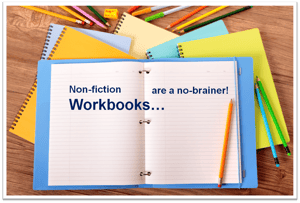Thanks (again!) to Infinity Publishing for this great post.
"J.K. Rowling may be one of the bestselling authors of all time, but she's never forgotten where she came from. Her roots as a poor single mother struggling to publish an unusual book cause her to help out other beginning authors whenever she can. Rowling's been interviewed on writing hundreds of times, but she emphasizes the same basic lessons each time she's asked."
Here is an excerpt:
- Planning is crucial.
The worst way to create a great book is to dive into it without any plan at all. - Write in what time you have.
If you want to be an author, you have to make the time or steal it, one small bit at a time. - Rewriting is as essential as planning.
Rowling wrote the first chapter of her first book 15 times before she was satisfied. - Pay attention to pacing and plot. It's possible to ruin the pacing of a book or series
by excitedly telling too much, too soon.
- Write your passion. Rowling has said that what you write becomes who you are, so it's important for you to love what you write.
I am especially grateful to see this quote from her:
Sometimes you have to get your writing done in spare moments here and there.
J.K. Rowling

